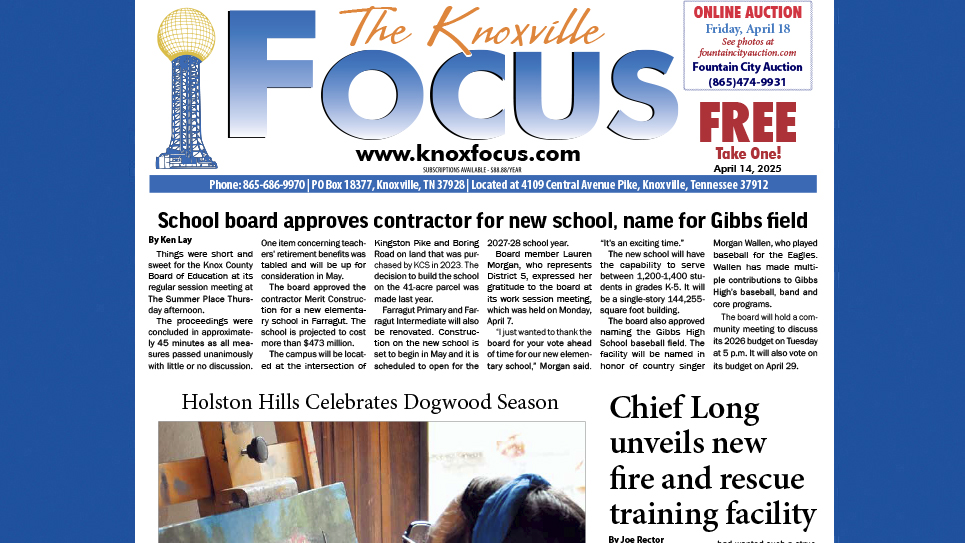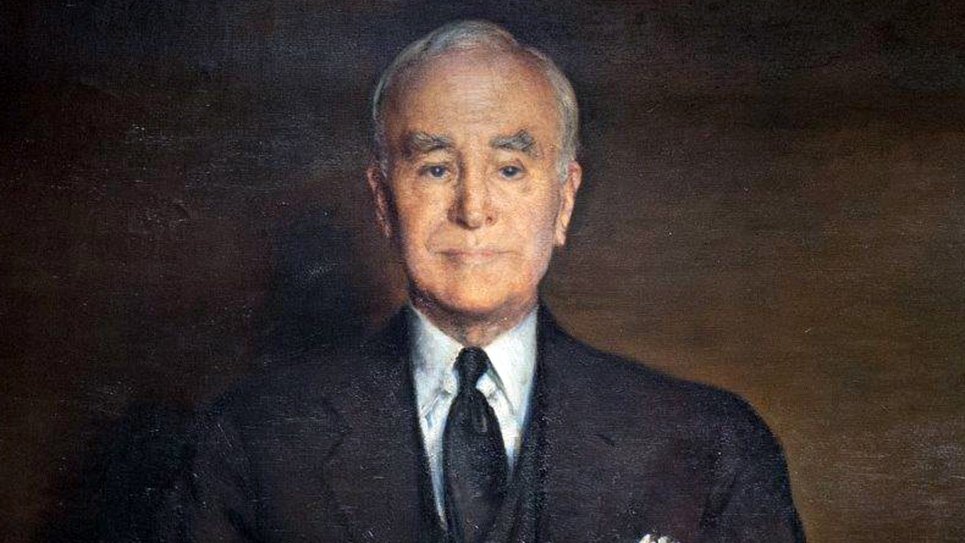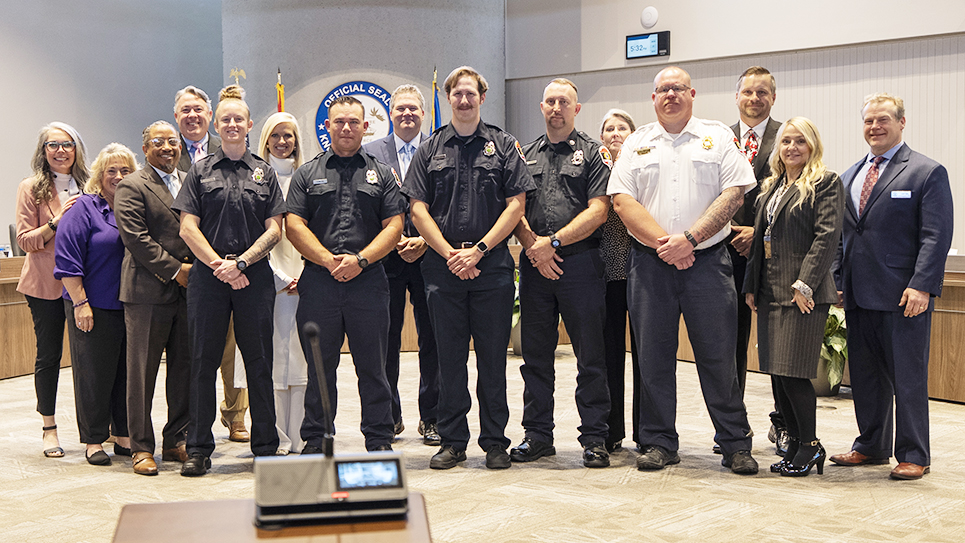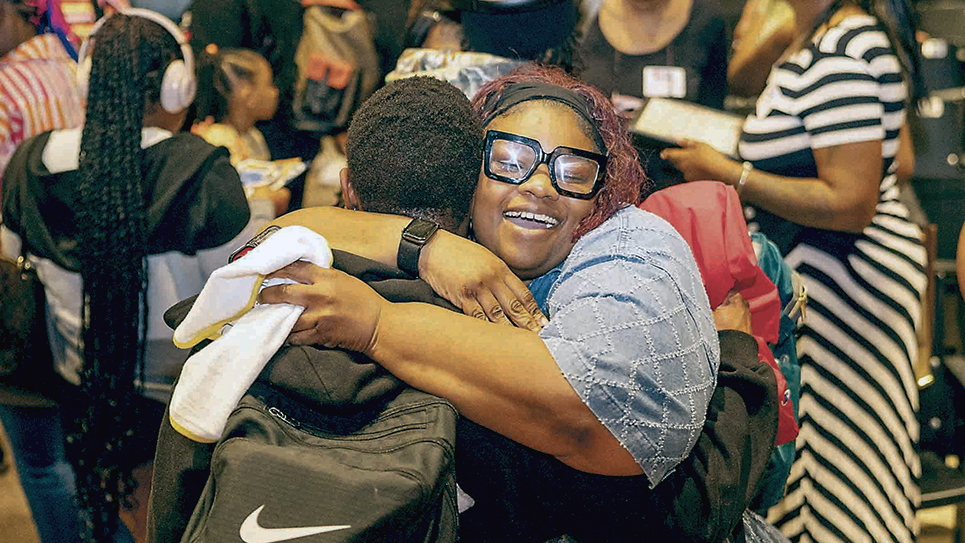By Tom Mattingly
I remember going to Chattanooga one day to meet with a bunch of guys who post on a chat board called Outermonvolia. It was a chance to see the faces behind the voices of the guys who proffer their opinions on anything to do with University of Tennessee athletics. Once there, it was a fascinating hour or so, well worth the drive.
Also attending was Dewey Warren, the “Swamp Rat,” so named for his Savannah, Ga., roots. He was the starting Vol quarterback from the 1965 Ole Miss game through the next two seasons. He and I enjoyed sharing stories with the group, but I found myself doing more listening than talking.
Dewey had had a stellar career on several of the many radio talk shows in the Knoxville area. It was “can’t miss” radio.
People have tended to follow him instinctively, regardless of the destination. An hour or so with him over lunch was a trip through Vol history, mid-1960s style. As the saying goes, Dewey is “often in error, but never in doubt.” He was No. 20 out of 26 “legends” of Tennessee football, according to Marvin West, between Bowden Wyatt and Frank Emanuel, in his book “Legends of the Tennessee Vols.”
Dewey, now 77, quickly recalled Dec. 4, 1965, at Memphis Memorial Stadium with a crowd of 44,495 in attendance. Many more than that will attest to being there as they recall Tennessee and UCLA battling to the final seconds.
Dewey told of the game’s key play. It was fourth down at the UCLA 1, with the Vols trailing 34-29 inside the last minute. He remembered having two pulled groin muscles and not being able to find any receivers open. History records that he managed to find his way to the left side of the defense and struggle into the end zone. The clock showed 39 seconds left to play.
“The play was a rollout pass to Hal Wantland, a play we had been using all day,” he recalled. “They don’t come any tougher than Hal, but they just clobbered him and knocked him off his feet. Johnny Mills was out with the broken arm. David Leake got in the back of the end zone, but he was just getting out of the way. The play was designed for Wantland all the way.”
Somebody asked Dewey if he had really scored on that fourth-down play. I had expressed some doubt, having recently looked at the game tape. Dewey’s response was to the point, stated directly and confidently: “The official raised his hands over his head, didn’t he?”
“The play opened up like the Red Sea,” said center Bob Johnson, “but I thought Dewey would never get there.”
Dewey also told of drawing up plays in the huddle that weren’t in the playbook and having to explain to Doug Dickey why he did so. For his part, Dickey didn’t think much of Dewey’s chances.
“It appeared Tennessee had wasted a scholarship to get somebody to run the scout squad,” said Dickey. “Dewey was a T-formation quarterback nobody else wanted. I don’t think anybody ever expected him to play.”
Dewey still insists that two of the most historic missed field goals in Tennessee football history (in the 1966 Alabama game and in 1968 in the Orange Bowl against Oklahoma) were both good. For the record, the first was close, the second wasn’t. In neither case did the official raise his hands over his head.
He told about forgetting his helmet in his first game under center against Ole Miss in November 1965, also in Memphis. He stood helmetless in the huddle during a timeout, with teammates snickering and blue-shirted Rebels ready to get after him.
“I was out there without my helmet,” said Dewey. “We had to call time out before my first play.”
Dewey Warren is not far removed from the signal-caller who helped lead the Vols to glory. He still has the swagger. The intelligentsia of his day doubted he could play. He spent his freshman season in 1963 as a linebacker and red-shirted a year later.
He earned his chance and gave the Vol offense a jump start and an identity. When Dewey had his hands on the ball, good things were about to happen.
Ray Trail, Vol offensive line coach from 1965-76, and a cogent observer of the human condition, summed up the Warren mystique.
“Dewey couldn’t run. He wasn’t tall enough to see over the line. But he was tough. And he could throw the football pretty well. That’s about all he could do.”
That’s about all?
“No, that’s not right,” Trail added. He was a fearless competitor, a good leader, and the subject of many a tall tale.”






